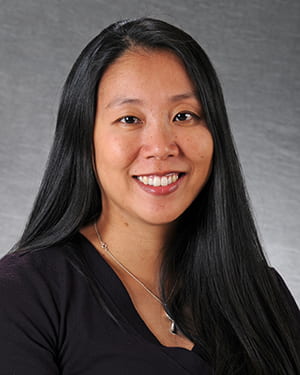Happy 2020! Health Sciences has greeted the new decade with enthusiasm and a flurry of activity. Our new Dean Barbara Bass is onboard and the spring semester is off to a great start. We are already hard at work planning for future programs and initiatives in the upcoming years.
Our strategic plan will inform much of our work this year as we look to embody our four focus areas – Investing in People; Living Our Social Mission; Influencing Heath Professions Education, Healthcare Policy, and Practice; and Catalyzing Innovation and Entrepreneurism. Many faculty and staff are already working on key initiatives identified in the strategic plan for this first year. In the coming month, you will learn about an HS-wide service event, activity around recruiting and retaining diverse students, interdisciplinary collaborations in research and education, and the development of new strategic partnerships.
There is much to celebrate this new year: we have a new provost, a new dean, a new strategic plan, and a faculty and staff committed to drive innovation and quality in health and health care delivery through education, scholarship, and service. All the pieces are in place for us to lead in transforming health and health care delivery – locally, nationally, and globally. Let’s greet 2020 with excitement and anticipation of great things to come.
Amy King
Senior Director, Online Education


